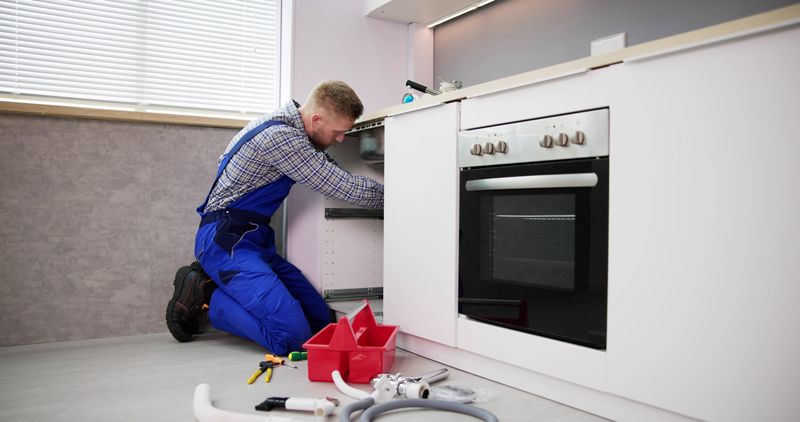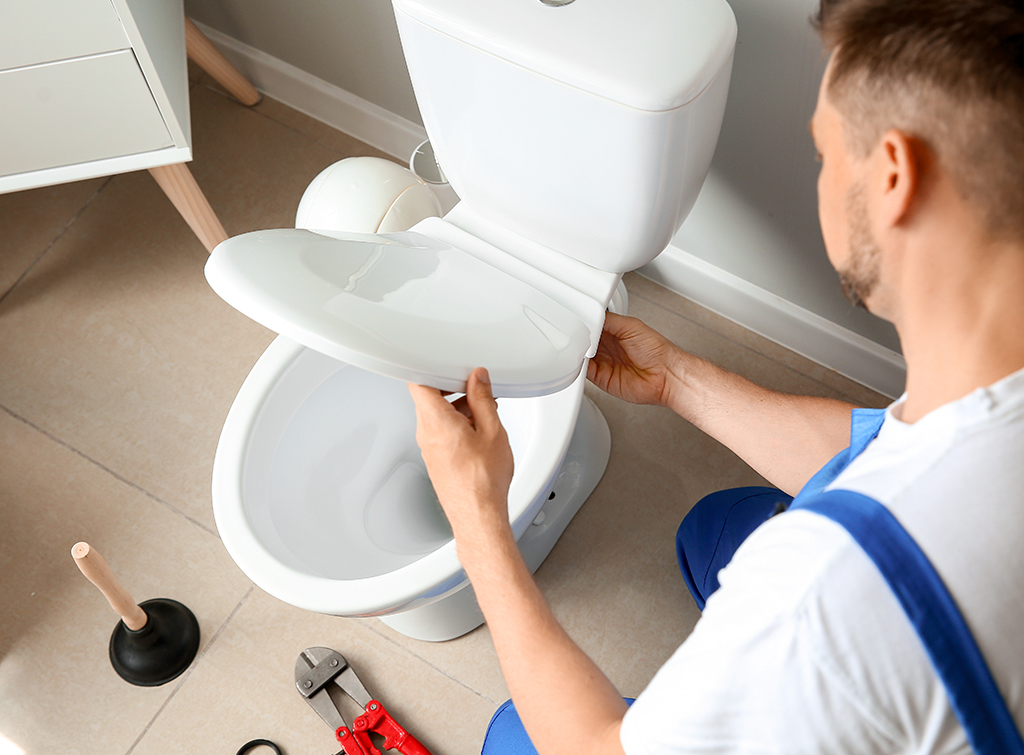Beginner's Guide to Bathroom Plumbing: Top Tips
Beginner's Guide to Bathroom Plumbing: Top Tips
Blog Article
What're your thoughts about Essential DIY Bathroom Plumbing Tips Every Homeowner?

For new homeowners, understanding and maintaining bathroom plumbing can conserve both money and time by protecting against pricey issues down the line. Right here are some necessary shower room pipes ideas to assist you keep everything running efficiently.
Acquaint Yourself with the Main Shut-Off Valve
Knowing where the main water shut-off shutoff lies in your home is crucial. This allows you to promptly switch off the water system in case of significant leaks or during pipes emergency situations, protecting against considerable water damages.
Consistently Check for Leakages
Tiny leakages can result in huge problems. Routinely inspect under sinks, around commodes, and near pipes components for any type of indications of leaks. Look for wetness, tiny drips, or corrosion. Capturing and repairing leaks early can protect against extra severe damage and conserve water.
Do Not Disregard Slow Drains
If your sink or bathtub is draining pipes gradually, it's typically an indication of a blockage forming. Resolving this early can prevent a full obstruction. Utilize a plunger or a plumber's serpent to clean out particles. Prevent using chemical drainpipe cleansers as they can damage your pipelines gradually.
Know What Not to Flush
Toilets are not waste disposal unit. Stay clear of flushing anything aside from toilet paper and human waste. Things like wipes, feminine hygiene items, and cotton swabs need to be disposed of in the trash to stop clogs and sewage system backups.
Set Up Strainers in Drains
Area strainers in your sink and bathtub drains pipes to catch hair and other particles before they enter your plumbing system. Cleansing the filters regularly will assist protect against accumulation and maintain water moving freely.
Preserve Your Hot Water Heater
Guarantee your water heater is set to an ideal temperature (usually about 120 levels Fahrenheit) to stop scalding and decrease power use. Flush the tank yearly to eliminate sediment build-up, which can lower the efficiency and life expectancy of your heating system.
Update Your Fixtures
If your home has older components, take into consideration upgrading to much more effective versions. Modern commodes, showerheads, and faucets are developed to use less water while supplying excellent pressure, which can considerably lower your water expense and environmental footprint.
Beware with Do It Yourself Pipes Repairs
While it's appealing to manage all home repair work by yourself, beware with pipes. Some issues might require expert proficiency, particularly if they include primary water lines or sewage system fixings. Working with a professional can in some cases be a lot more cost-efficient than do it yourself, especially if it prevents further damage.
Prepare for Cold Weather
Secure your pipelines from cold during cold weather by protecting pipes in unheated locations like cellars, attic rooms, and garages. During extreme chilly, let cold water drip from faucets served by exposed pipes to aid protect against cold.
Arrange Routine Maintenance
Take into consideration organizing annual evaluations with a licensed plumber. They can spot concerns that you may miss out on, such as surprise leakages or wear and tear on pipes and components. Routine maintenance assists extend the life of your pipes system and can stop emergencies.
Conclusion
Understanding and keeping your home's shower room pipes can avoid several common concerns. By complying with these important tips, you can ensure your washroom stays functional and reliable, conserving you time and money in the future.
Essential Plumbing Tips for Homeowners: What You Should Know
Plumbing issues can be a nightmare if left unattended, often resulting in costly repairs and significant damage to your home. That's why it's crucial for homeowners to arm themselves with the essential home plumbing maintenance tips and knowledge to prevent such mishaps and maintain the efficiency of their plumbing system.
?Get to know the various aspects of residential plumbing maintenance, from identifying warning signs of potential issues to simple tasks you can perform to keep your plumbing in top condition. By empowering you with the necessary plumbing tips for homeowners in this guide, we will help you tackle everyday plumbing challenges with confidence to keep your home's plumbing system flowing smoothly.
Mastering Home Plumbing Tips
Understanding the basic home plumbing tips allows homeowners to detect issues early on, take prompt action, and prevent them from becoming major headaches. With this proactive approach, homeowners can save both time and money.
Moreover, having a grasp of plumbing basics enables homeowners to communicate effectively with plumbers or other professionals when seeking assistance. Being able to accurately describe the problem and understand the proposed solutions not only streamlines the repair process but also helps homeowners make informed decisions about their plumbing systems.
Whether it's discussing drainage solutions, leaky taps, or fixture installations, a solid understanding of basic home plumbing maintenance tips promotes better collaboration between homeowners and professionals to ensure that repairs or upgrades meet the homeowner's needs and expectations.
Home Plumbing Maintenance Tips
Here are some basic yet essential home plumbing tips to keep your plumbing in its tip-top shape:
Be Cautious During Renovations
When renovating your home, be mindful of the location of pipes to avoid accidentally damaging them. Plan your renovations carefully and, if unsure, consult a professional plumber to help identify potential hazards.
Avoid Flushing Trash Or Wipes Down Drains
Flushing items like wipes, sanitary products, or paper towels down the toilet can lead to clogs and damage to your plumbing system. Dispose of these items properly in the trash.
Know The Location Of The Water Mains Cut-Off
In case of a plumbing emergency, such as a burst pipe, knowing the location of the water mains cut-off valve can help minimise damage by quickly shutting off the water supply to your home.
Avoid Chemical Drain Cleaners
Chemical drain cleaners can damage pipes and harm the environment. Instead, use natural alternatives like a mixture of baking soda and vinegar or get help from a qualified plumber for stubborn clogs.
Check Seals And Connections Regularly
Inspect seals and connections around sinks, toilets, and appliances for signs of leaks or damage. Address any issues promptly to prevent water damage and mould growth.
https://www.eze-flowplumbing.com.au/essential-plumbing-tips-for-homeowners-what-you-should-know

Click On This Link Report this page